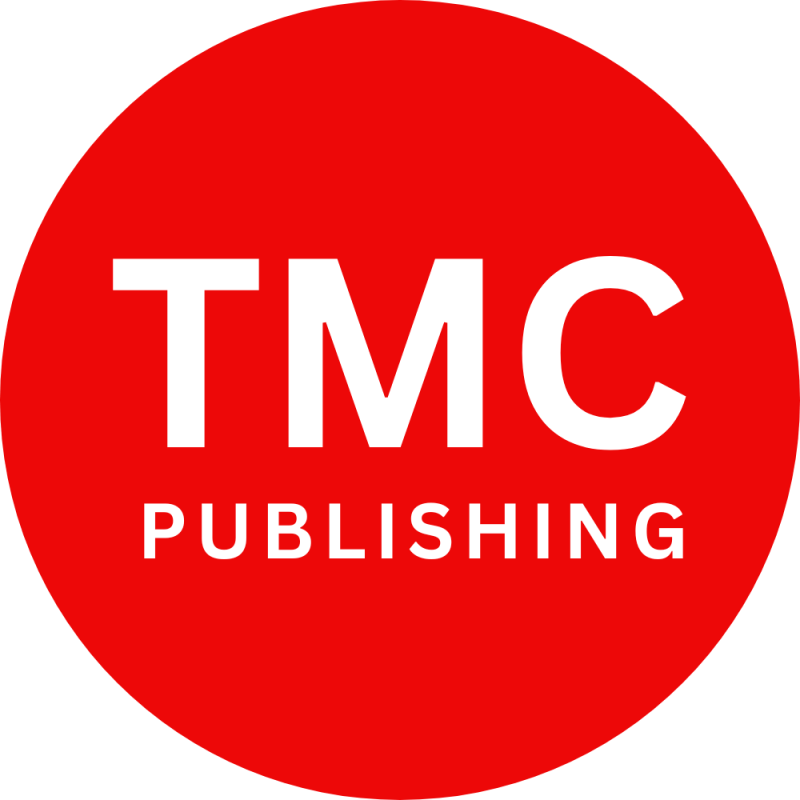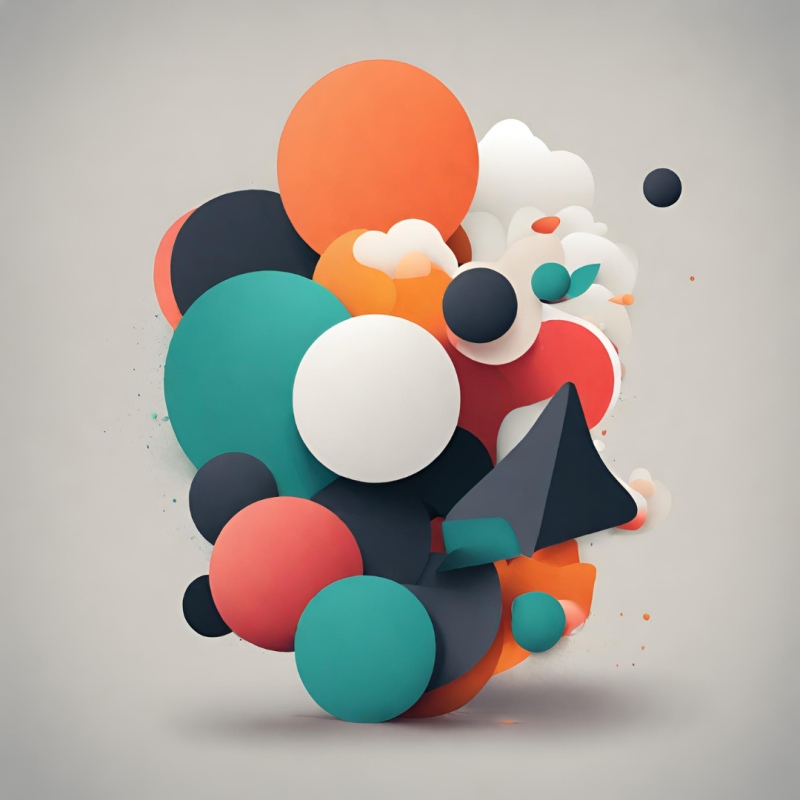English, Short Editions
The Two Horses – Oktana – Thoughts & Creation Process
TMC Publishing online publications
Intro
With this text, Yann Keerim – the creator of the album “ΟΚΤΑΝΑ” – describes thoughts about the creation of the second piece titled “The Two Horses of Giorgio de Chirico” and moments from the production of the work.
The piece is based on the homonymous chapter from the book “ΟΚΤΑΝΑ” by Andreas Empeirikos.
The Two Horses of Giorgio de Chirico
By: Yann Keerim
The deadlock after escape. The image of the two beautiful and powerful horses who chose to leave the city of humans and run towards freedom. After a swift gallop, an endless sea stretches out before them. The horses stop at its edge, gazing at it, unsure of what to do. Should they turn back? Should they test it? Should they stay still? Beside them, they suddenly notice more horses, dead, who presumably attempted to conquer the sea but were ultimately defeated.
This powerful scene described by Empeirikos made me think once again about the concept of “time.” How long did the gallop from departure to the sight of the sea and the surprise last?
Minutes?
Hours?
Days…?
How long did the surprise and astonishment last in the face of the sea?
How does time influence drama?
This led me to introduce into the musical narrative the sound of an old clock. A mechanical sound, which I recorded at home with the help of a recording device (Zoom).
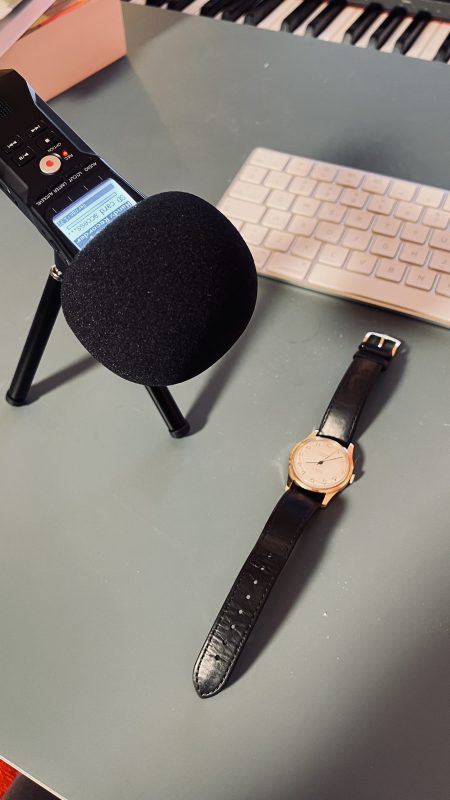
Video of the clock recording
The combination of the sound of a clock with a repetitive musical pattern intrigued me greatly, as each element carries a different “rhythm,” a different tempo. When two different tempos coexist, they begin to intertwine with each other, causing you to lose the sense of absolute time – time is defined sometimes by one element (musical pattern) and sometimes by the other (tick of the clock).
If I were to add a third rhythm; a third tempo to the previous scenario, what would happen to the overall sense of time?
So, I thought of introducing the horses galloping sound , by recording with the same device, the rhythmic tapping of my fingers on a desk. Something like what we do when we think, or when we wait for something.
The sound of the sea. For the sea, I attempted to use a cello quartet. The deadlock after departure creates confusion, the cellos create a dissonant harmony, moving like the waves, swirling…
Are the horses afraid? Desperate? The only certainty is that this new “situation” – the sea now as an obstacle, seems irreversible. The dead horses staring beside the same beach confirm this. Hence, ultimately, I decided to fuse the sound of the sea (represented by cellos) with the steady ticking of the clock (symbolizing time), making them the new protagonists from this moment forward.. Or rather, the protagonists from the beginning.
17/3/2024, Athens, Mets
Cafe ODEON
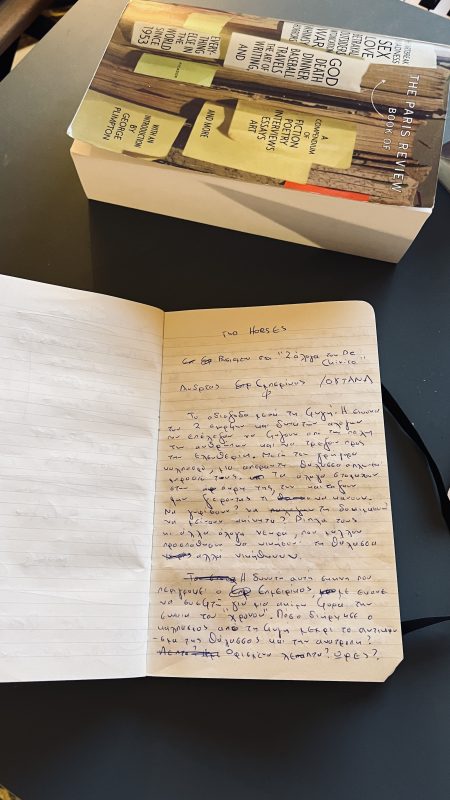
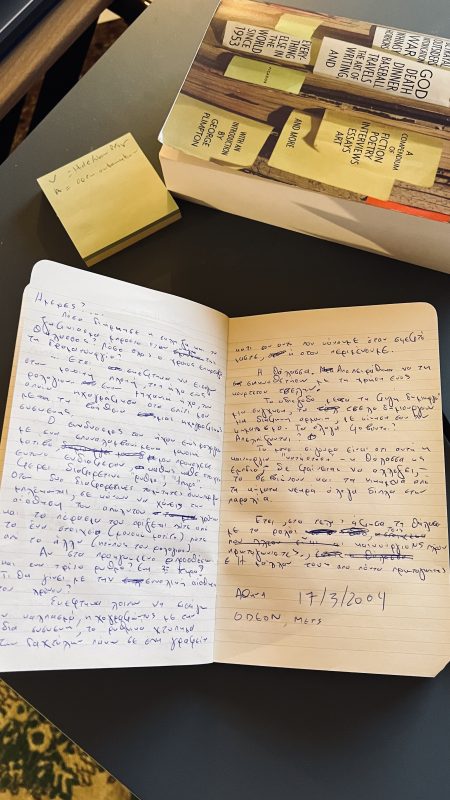
To listen to the piece on the day of release, sign up for the newsletter below.
